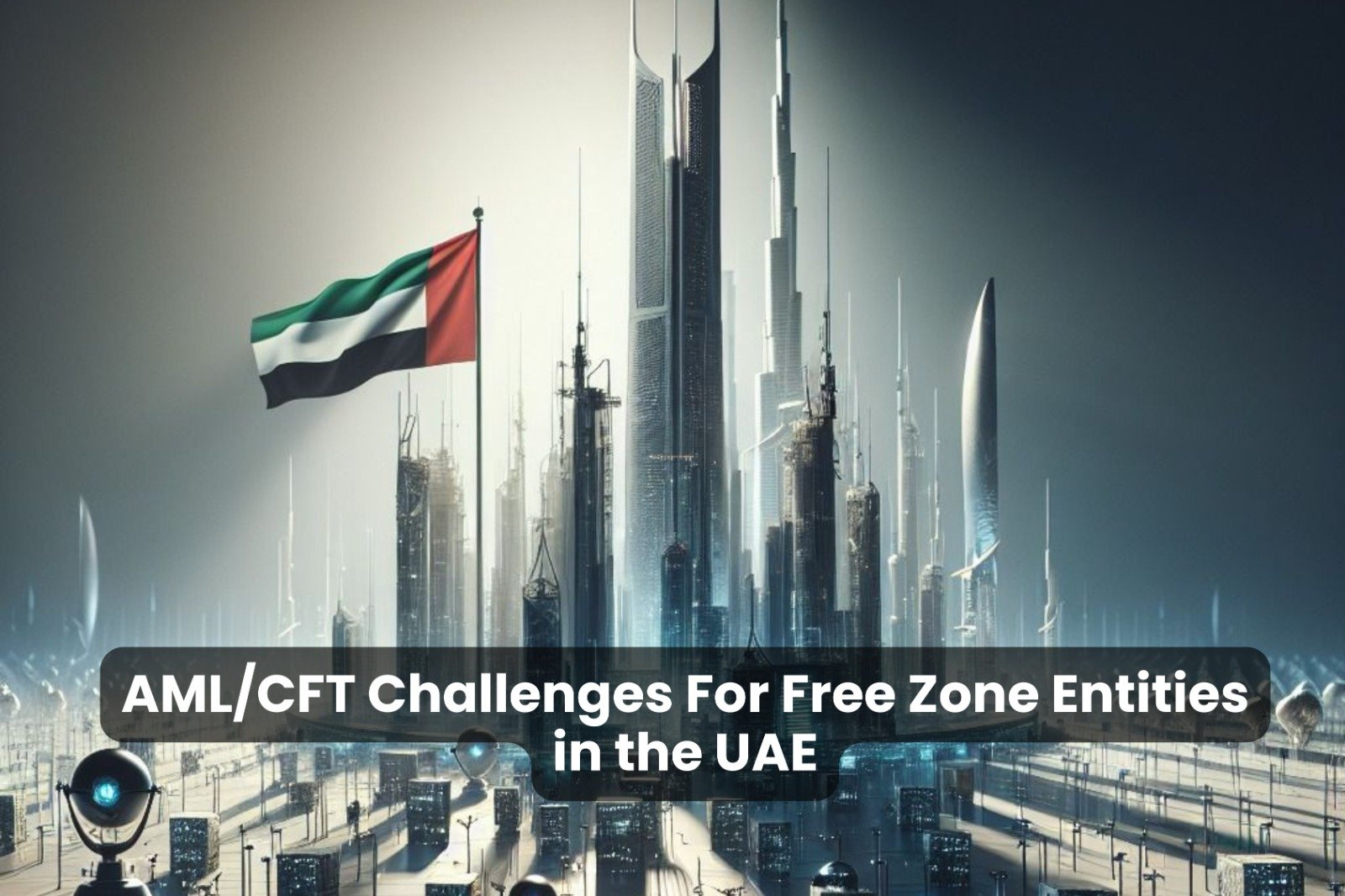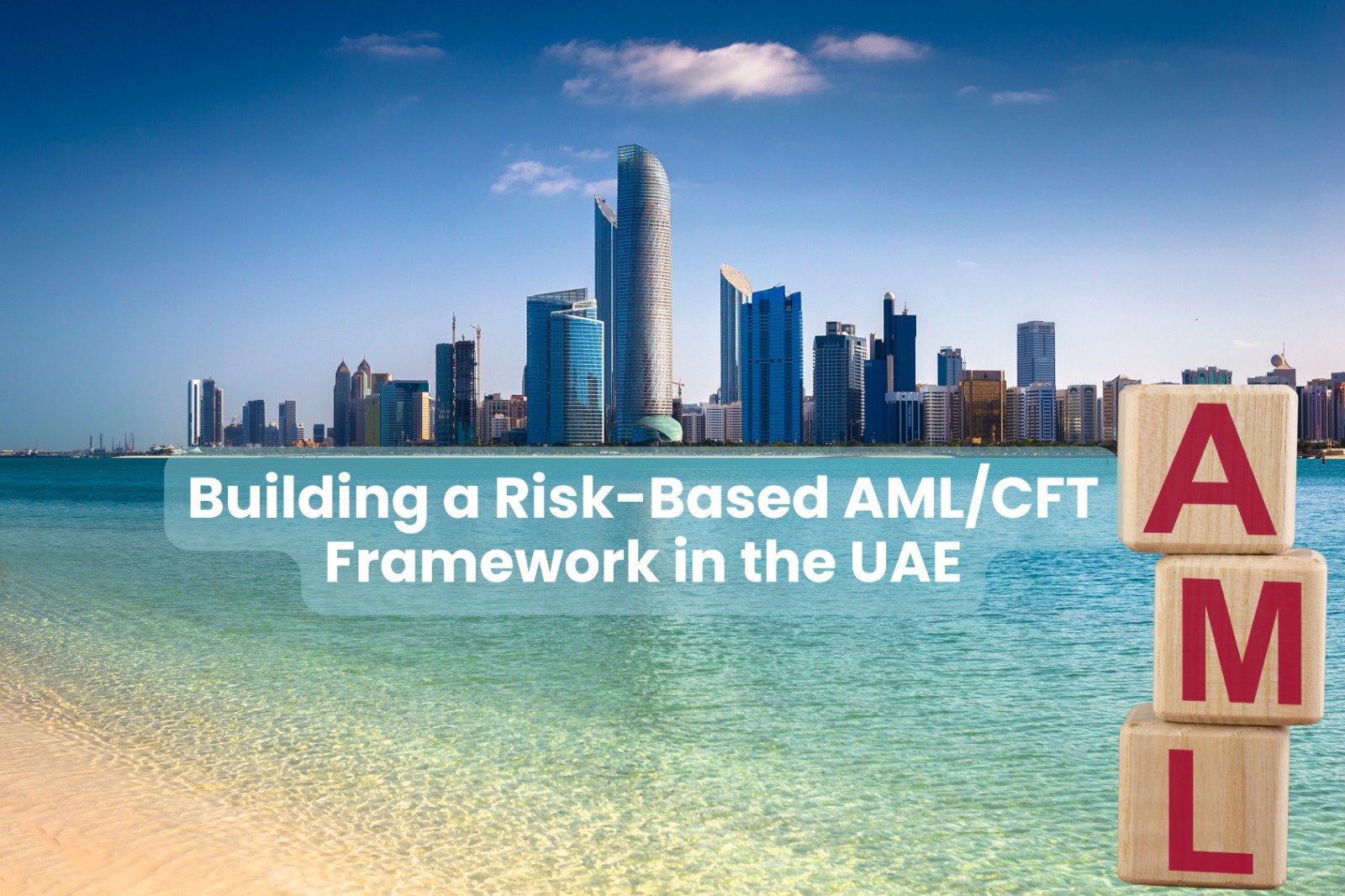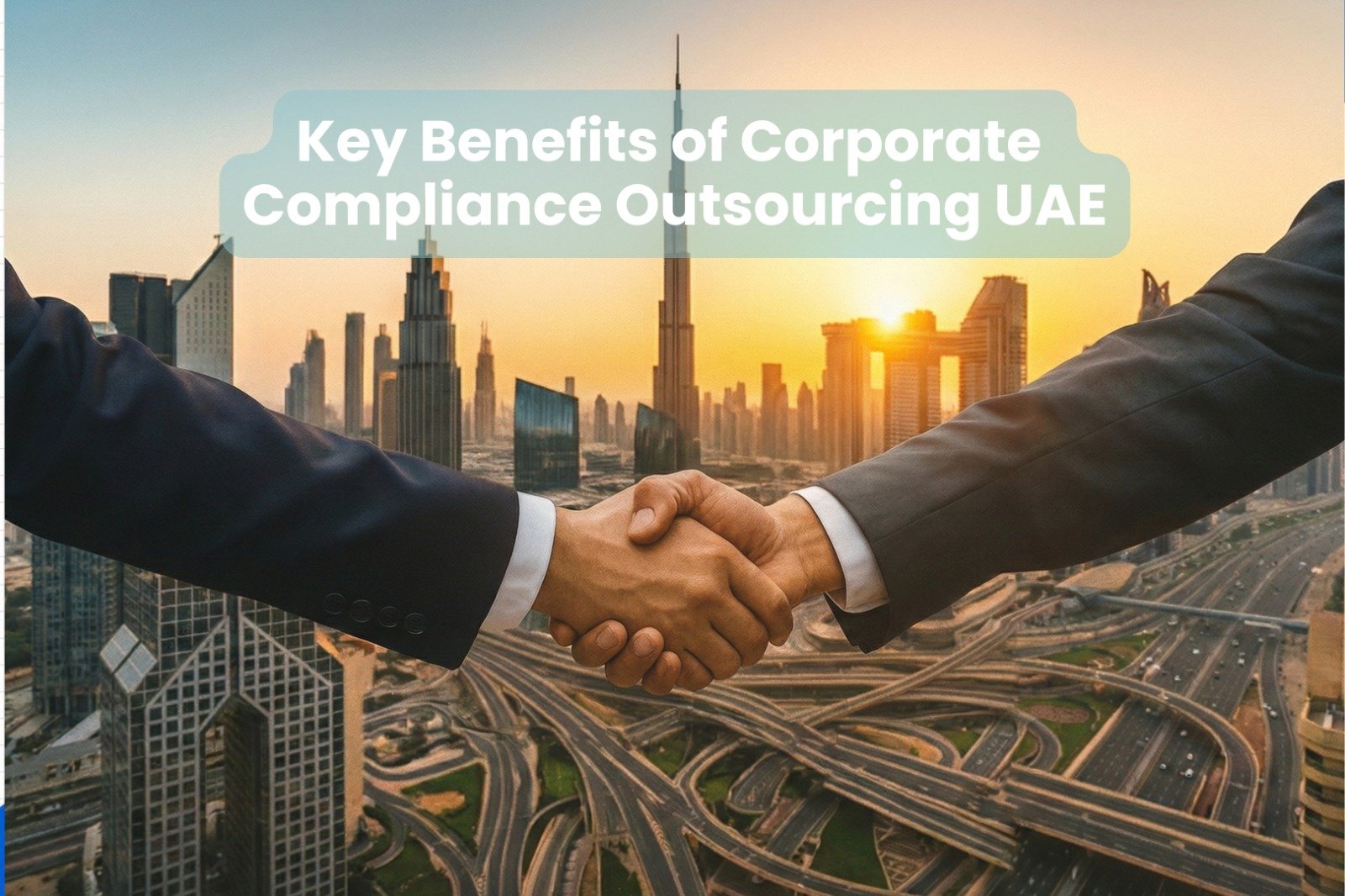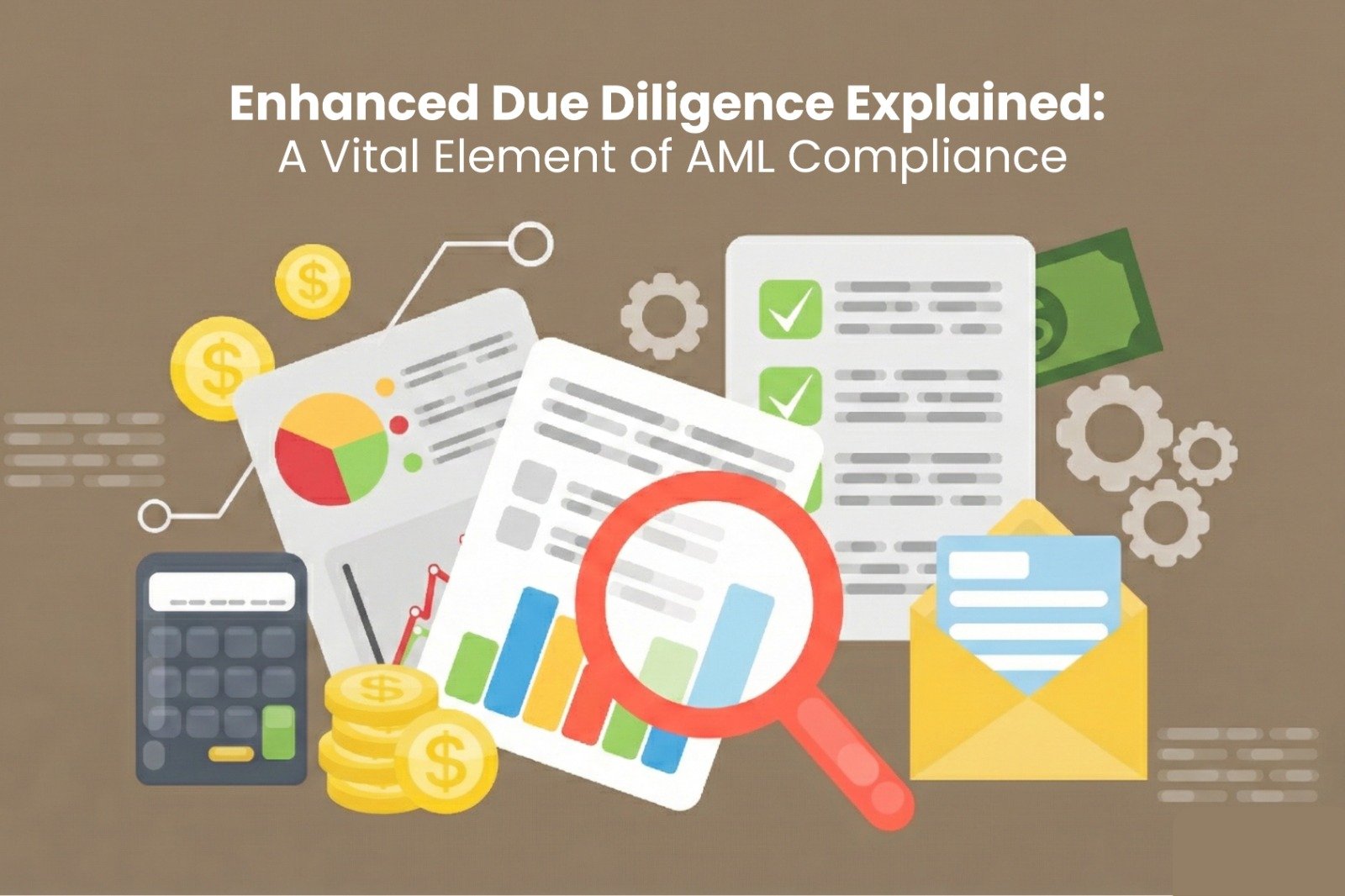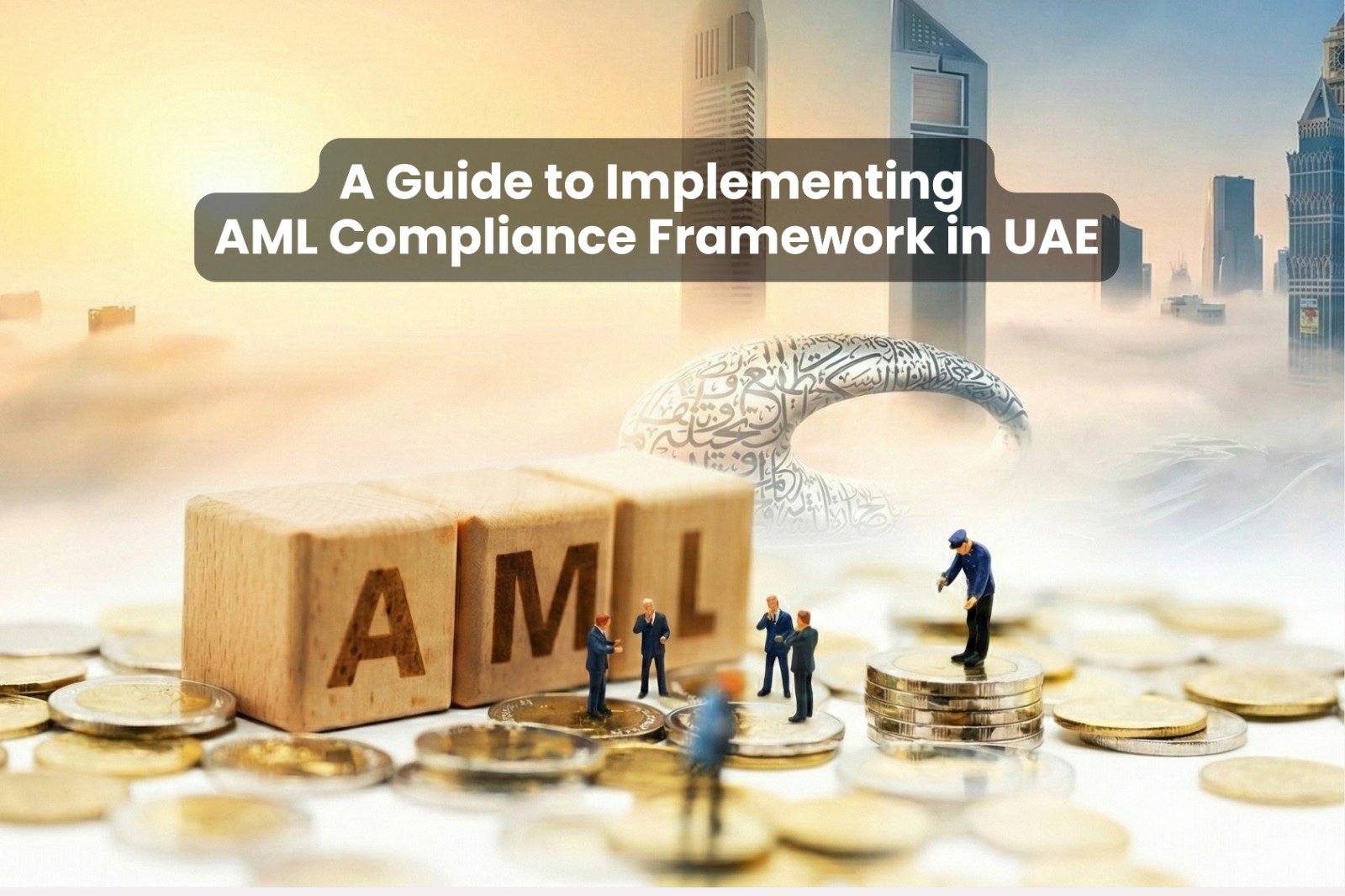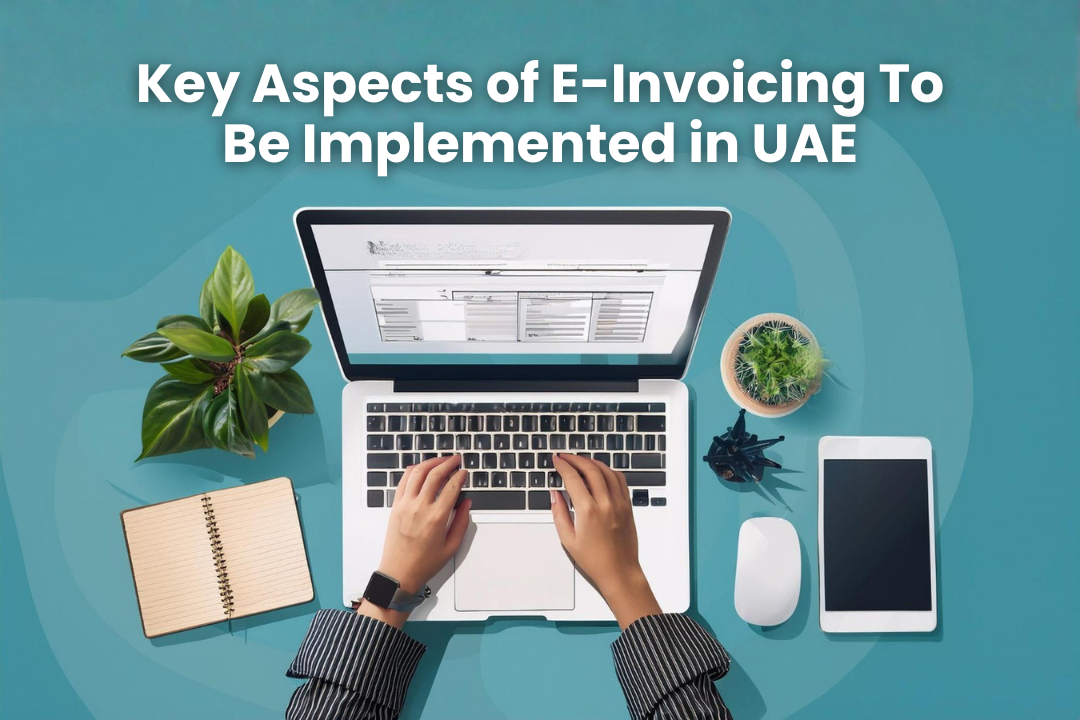Sanctions screening is a critical pillar of AML compliance. It protects businesses from engaging—knowingly or unknowingly—with individuals, entities, or countries involved in illegal activities such as terrorism financing, money laundering, and other financial crimes.
In today’s global business environment, regulators in the UAE and worldwide require organizations to screen customers, vendors, and transactions against updated sanctions lists from the UN, OFAC, EU, and local authorities.
Failure to conduct proper sanctions screening can result in severe penalties, reputational damage, and even loss of business licenses. In the UAE, sanctions screening forms a core component of both AML compliance training in UAE and operational protocols, ensuring that companies adhere to evolving AML Compliance in UAE regulations while safeguarding their financial ecosystem from illicit activities.
Understanding Sanctions Screening
Sanctions screening is the systematic process of cross-checking customers, suppliers, and business partners against sanctioned lists issued by global bodies such as the UN, EU, and OFAC. In the UAE, the Executive Office for Control and Non-Proliferation (EOCN) is the primary entity responsible for publishing and maintaining these lists. This is done in accordance with the Ministry of Economy’s guidelines. The EOCN also implements and oversees targeted financial sanctions. These include measures related to terrorism and the proliferation of weapons of mass destruction, as mandated by United Nations Security Council resolutions. By detecting and preventing transactions involving sanctioned parties, businesses maintain operational integrity and support the fight against financial crime.
Why Sanctions Screening Is Vital for AML Compliance in UAE
In the UAE, the law requires financial institutions and DNFBPs to implement effective sanctions screening as part of AML compliance. This is because the region serves as a global business hub, making it vulnerable to cross-border illicit activities.
Without proper screening measures, organizations risk exploitation by sanctioned entities, leading to heavy fines, license revocations, and reputational damage.
Integrating Sanctions Screening into Your AML Framework
An effective sanctions screening process involves:
- Real-Time Screening: Ensuring transactions are vetted instantly to prevent illegal dealings.
- Regular List Updates: Keeping sanctions databases updated to reflect the latest changes.
- Risk-Based Approach: Prioritizing higher-risk clients and transactions for enhanced checks.
- Employee Training: Providing AML compliance training in UAE to ensure staff understand how to identify and handle potential matches.
- Audit and Review: Regularly reviewing screening processes to identify gaps and ensure continuous improvement.
Sanctions screening software helps organizations comply with regulations by detecting and blocking transactions involving sanctioned individuals or entities. Auditac International will help you choose the best software for your business, based on its size, nature, and transaction complexity.
Conclusion
Incorporating sanctions screening into your AML strategy is non-negotiable for businesses operating in the UAE. It not only ensures compliance with local and international laws but also strengthens your organization’s defense against financial crime. For businesses seeking expert guidance on sanctions screening, audits, and comprehensive AML Compliance in UAE, Dubai, and Abu Dhabi, partnering with specialists like Auditac International ensures a robust and fully compliant framework tailored to your industry needs.

